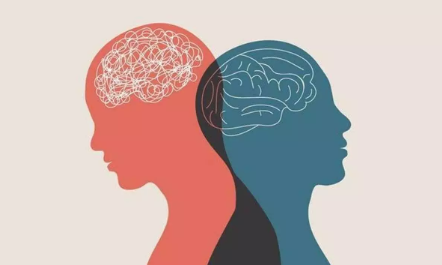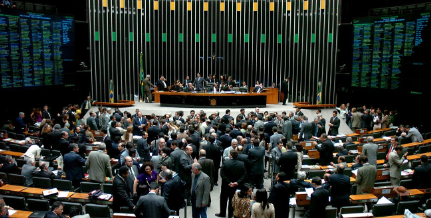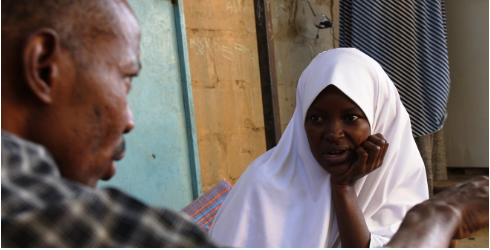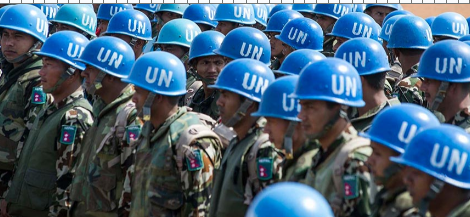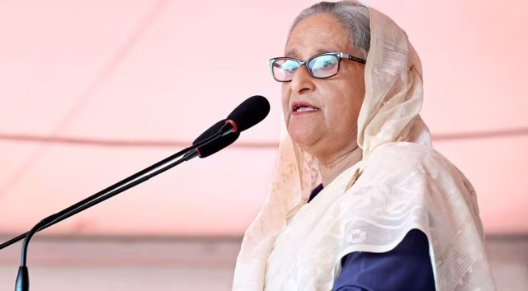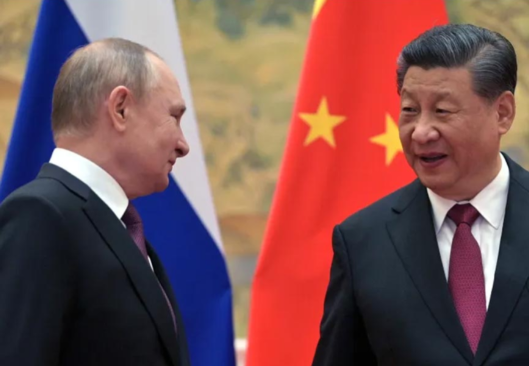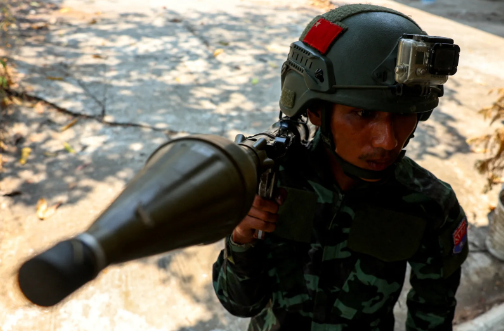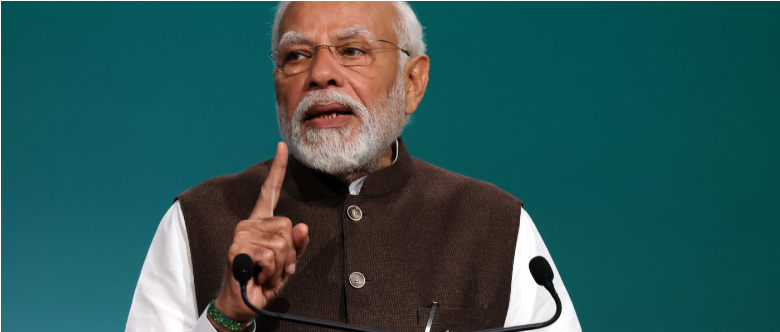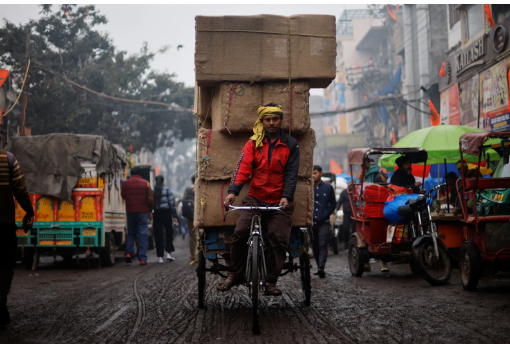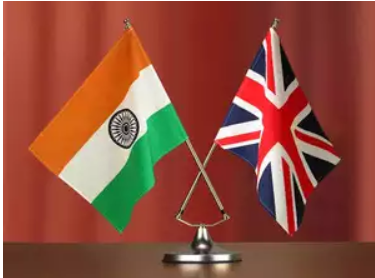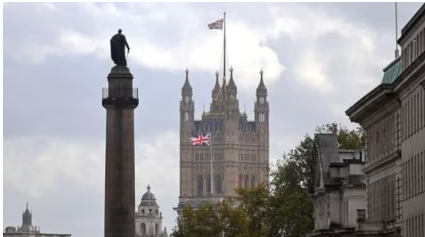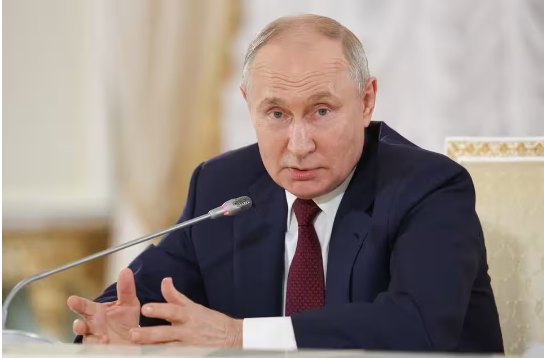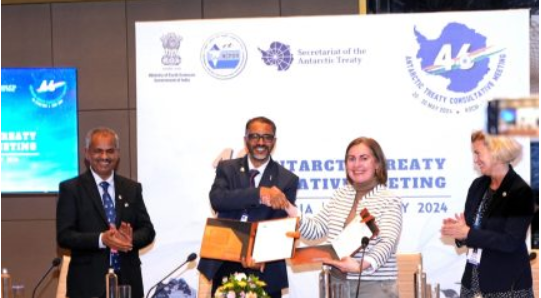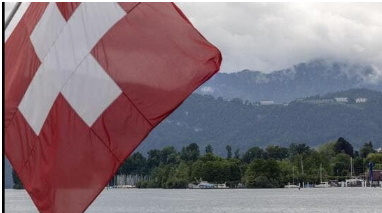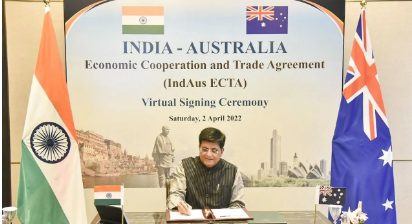Quick Read
In today’s interconnected global economy, the interplay between global free trade and nationalism presents a significant challenge. While proponents of free trade advocate for the removal of barriers to promote economic exchange, nationalists prioritize safeguarding domestic industries and jobs through protectionist measures. This article delves into the dynamics between these two ideologies, exploring the possibility of their coexistence
Amidst electoral pressures and the imperative of addressing climate change, there’s an opportunity for the United States and India to redefine their energy partnership as a green industrialization alliance. This approach, involving coordinated efforts across government agencies, states, and the private sector, aims to accelerate infrastructure development, promote electrification, and align budgets and investments with climate goals.
Prime Minister Narendra Modi took office in 2014 with high expectations for India’s economy. He promised significant economic growth, job creation, and widespread development. Five years later, however, those promises remain largely unfulfilled. Although some positive changes have occurred under Modi’s administration, such as improvements in ease of doing business rankings and an increase in foreign direct investment, there are still several areas requiring attention.

External Affairs Minister S. Jaishankar of India stated in Manila that his country supports the sovereignty of the Philippines. This statement prompted a response from the Chinese Ministry of Foreign Affairs, which urged “third countries” to refrain from “interfering. “As part of a five-day trip spanning three nations—Singapore, the Philippines, and Malaysia—Mr. Jaishankar visited Manila on Tuesday
Related Articles
More Articles
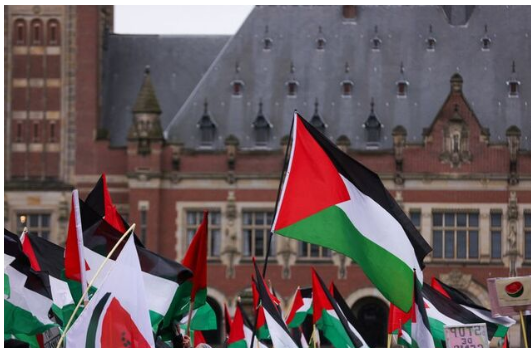
Indonesian Foreign Minister Retno Marsudi confirmed on June 3, 2024, that Indonesia will maintain its commitment to supporting Palestine despite ongoing pressure to establish diplomatic relations with Israel. Speaking at Gadjah Mada University in Yogyakarta, Marsudi emphasized Indonesia’s longstanding stance on the issue, dating back to 1988 when it became one of the first nations to recognize Palestinian statehood. She denounced Israel’s strategic efforts aimed at undermining Palestine and addressed recent speculation
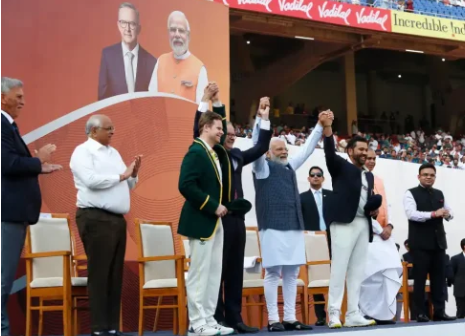
In the midst of India’s heated general elections and intense summer temperatures, Prime Minister Narendra Modi utilized the country’s passion for cricket to inflame religious tensions for political benefit. During a rally in Dhar, Madhya Pradesh, Modi propagated the notion that the Indian National Congress would select the national cricket team based on religion, catering to rampant Islamophobia prevalent amongst his voter base.
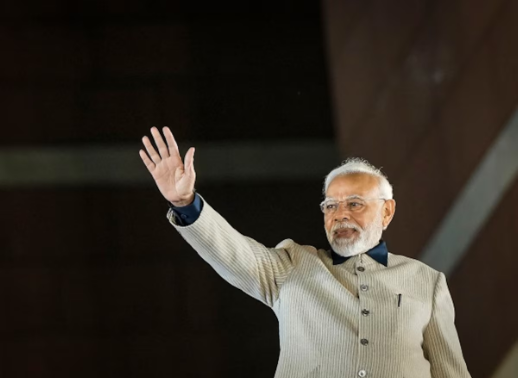
Over the course of ten years, Prime Minister Narendra Modi has significantly transformed India’s approach to foreign policy. His visionary strategy, characterized by pragmatism, assertiveness, and agility, has enabled India to navigate a rapidly changing global environment and expand its geopolitical footprint.Under Modi, India adopted several novel strategies, focusing on enhancing bilateral partnerships with key powers, developing innovative frameworks
